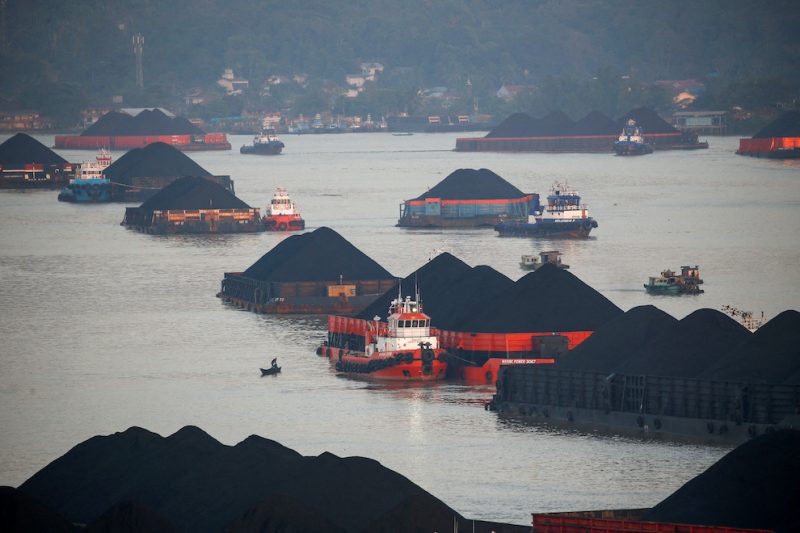Indonesia on Thursday revoked thousands of permits for mining, coal and forestry as the government battles to rein in its vast resources sector.
President Joko Widodo’s announcement comes during a wrangle with coal producers over their failure to supply the domestic market, which sparked a ban on overseas shipments by the world’s biggest thermal coal exporter.
While Widodo did not explicitly mention the coal crisis, his move highlights the challenges Indonesia faces in governing its natural resources, which include up to 17 billion tonnes of coal reserves and Asia’s biggest area of exploitable tropical forest.
Widodo said his administration revoked 2,078 permits for mining, mineral and coal businesses because the firms failed to provide work plans, misused the permits or transferred them to other parties.
The government also revoked almost 200 forestry permits covering more than 31,000 square kilometres – an area about the size of Belgium.
“Some permits have been granted for years but they were never carried out. This has turned natural resources that should be used to improve public welfare into a hostage,” Widodo said.
Domestic Generators
On Monday the president threatened to revoke the licences of power producers who fail to comply with their obligations to ensure domestic electricity generators are supplied.
“Companies that don’t meet their obligations … should be sanctioned, not just with export permit bans but also the revocation of business permits,” he said.
State electricity utility PLN warned that power stations were just days away from running out of fuel, threatening about 10 million customers with imminent blackouts.
On Thursday, the minister for state-owned enterprises Erick Thohir sacked PLN’s primary energy director.
In a statement, PLN confirmed it had appointed a new director, saying the move “is part of the efforts to improve the performance of the company”.
Indonesia’s Energy Ministry has said PLN should improve its coal supply mechanisms.
“There is no supervision. There is no mechanism to ensure that each power plant has enough supply,” said Marwan Batubara, director of think tank Indonesian Resources Studies.
“Coal producers do not consistently play by the rules,” he added.
With global coal prices much higher than the $70 per tonne cap on what Indonesia pays, producers have no incentive to supply the domestic market, Macquarie Group commodities analyst Lynn Zhao said.
- AFP with additional editing by George Russell
READ MORE:
Japan Joins Miners in Seeking Exemption to Indonesia Coal Ban
Indonesia Expected to Ratify RCEP Trade Pact Early in 2022
Indonesia Loses $6.8bn as People Go Abroad for Healthcare – Globe
























